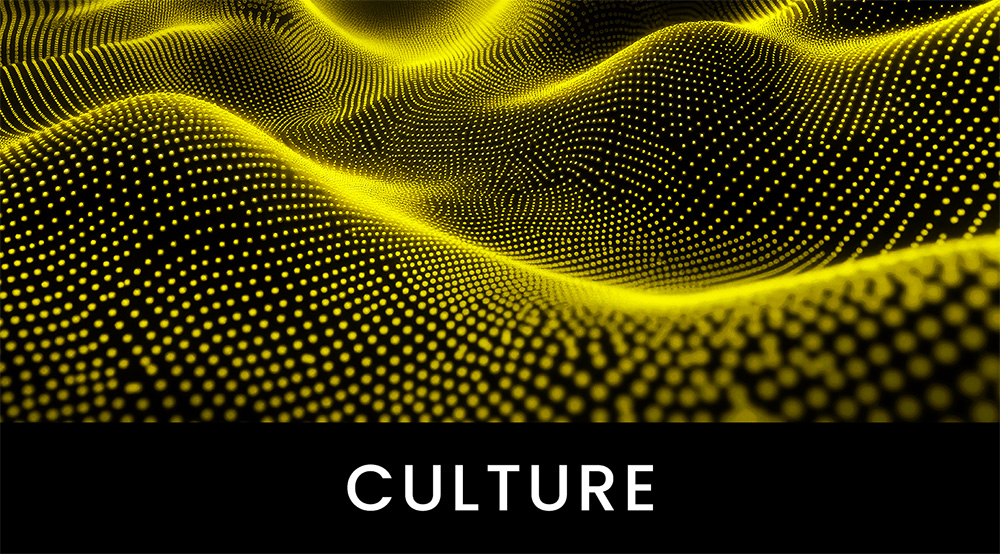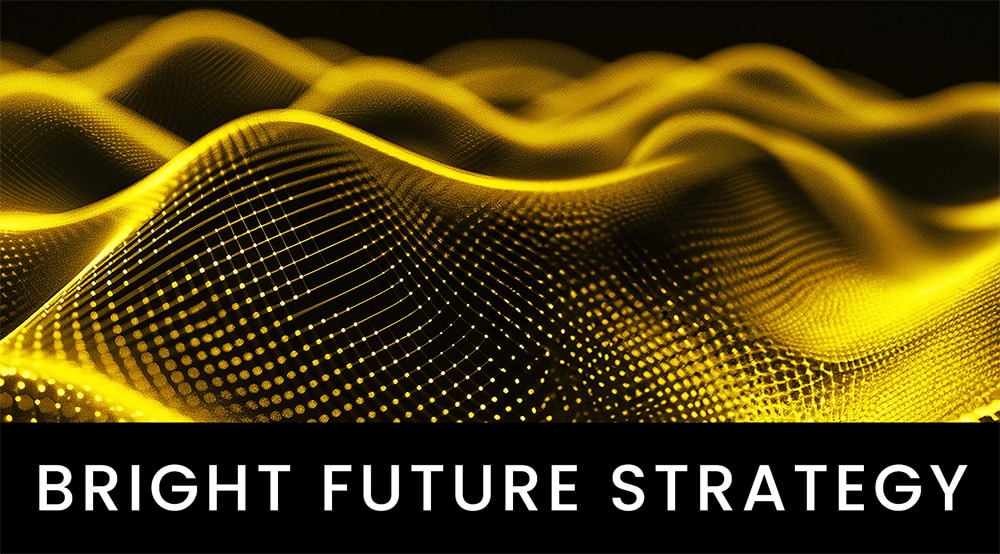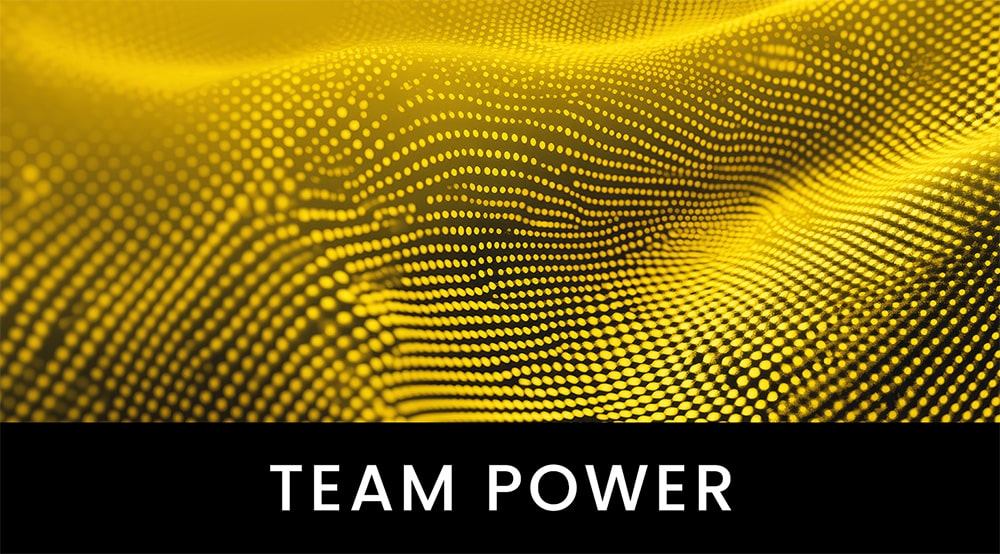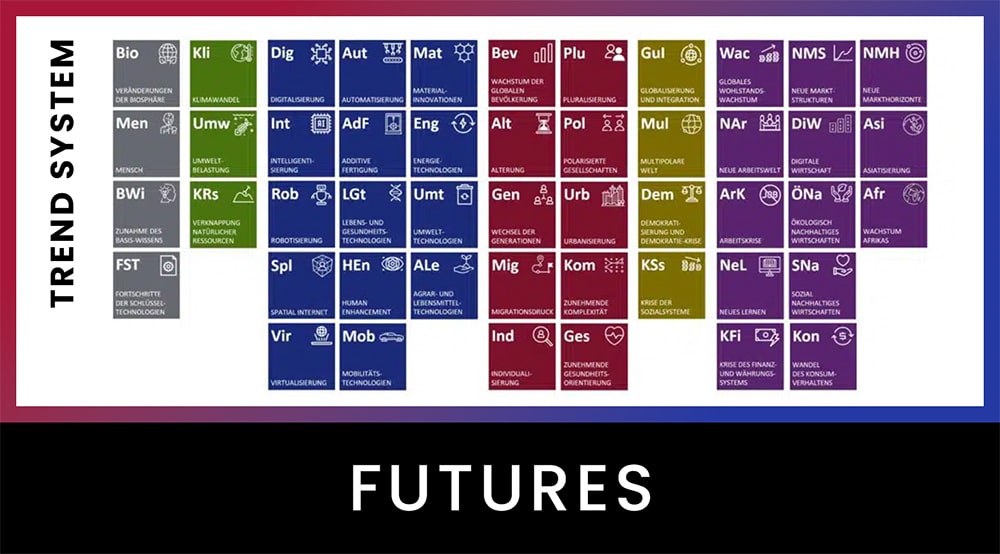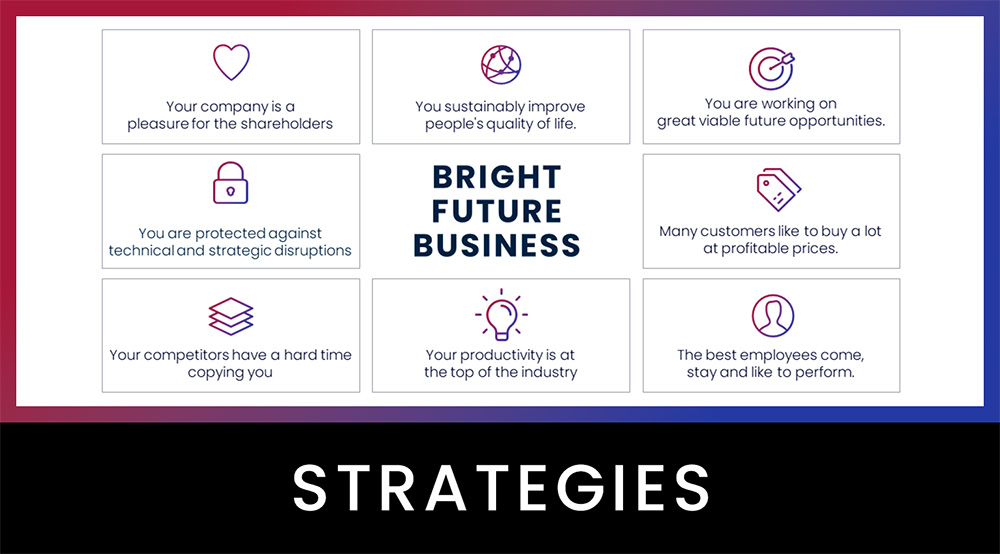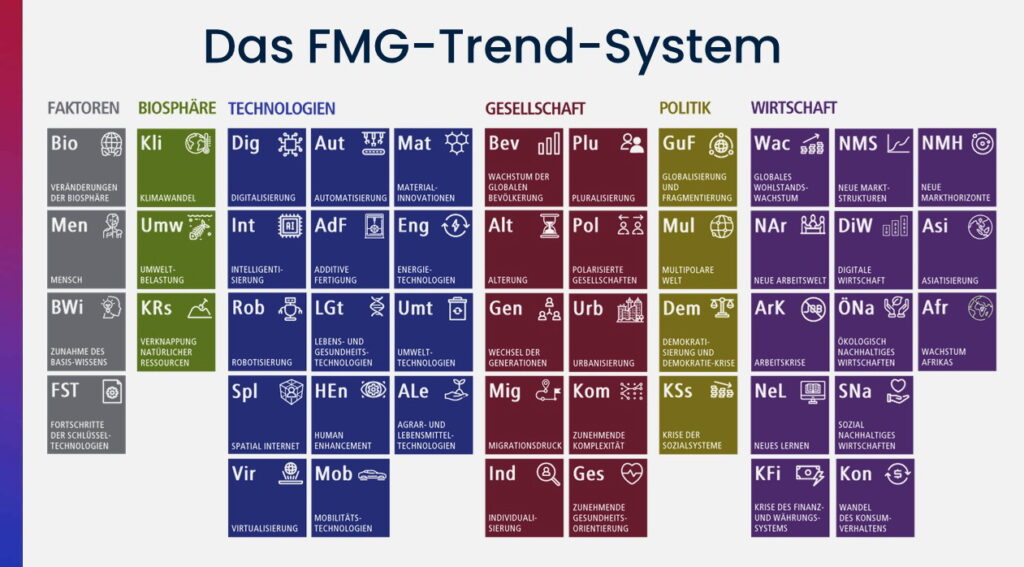Megatrend change of generations
From the FMG Trend System: For your future-proof company
The megatrend of generational change at a glance
The megatrend of generational change describes a fundamental demographic and cultural change that is characterized by the age-related retirement of baby boomers, the arrival of new generations in society and the economy and the simultaneous emergence of new lifestyles. Young generations bring with them new values, behaviors and expectations – in terms of work, consumption, leadership and social interaction.
Generation Y (millennials) and Generation Z (digital natives) are the first people to be socialized who have grown up with digital technologies. Their ideas of success, self-realization and social responsibility differ significantly from those of previous generations. At the same time, traditional norms and models of the generations before them – Baby Boomers and Generation X – are coming under increasing pressure. To the overview of all megatrends.
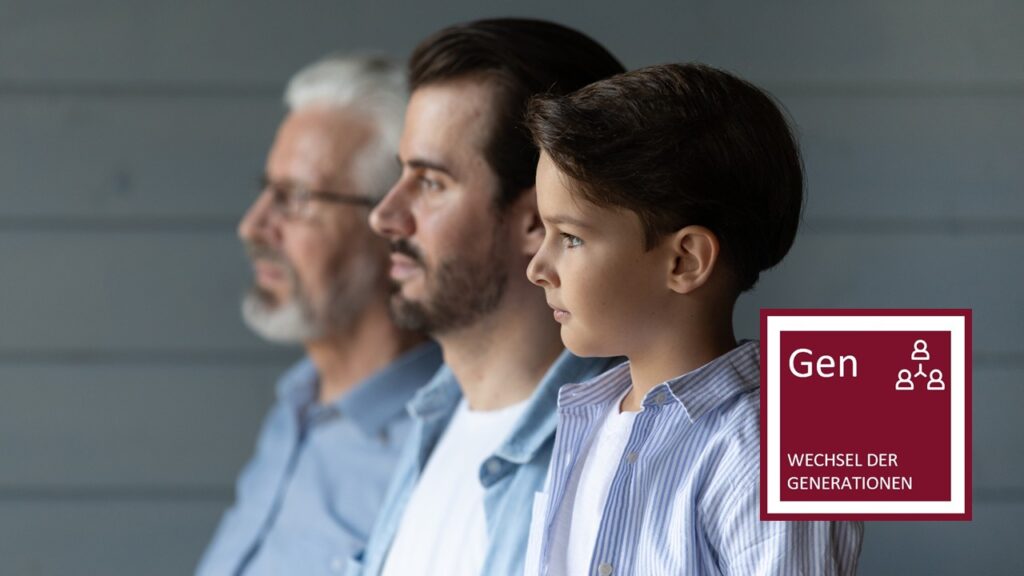
The megatrend of generational change in companies
For companies, the change of generations means profound change on several levels: Organizations must adapt to the new demands of employees, customers and stakeholders. Hierarchies are being questioned, a sense of purpose is replacing mere career prospects and work-life balance is replacing traditional promises of loyalty. Conflicts between generations – whether in the workplace, on the housing market or in public debate – are also becoming more intense and more visible.
The generational shift is not only changing markets, but also the way teams, leadership and innovation function. Those who actively shape this change will gain future viability – those who ignore it will lose talent, connectivity and cultural relevance.
- Societies are changing profoundly, in their structure, their values and their behavior. The megatrend of generational change is just one of many that could be relevant for the future of your business.
- FMG’s trend system makes these complex social developments tangible.
- In addition to megatrends from society, politics, the economy, technology and the biosphere, it also includes future factors as drivers of change.
- You can find out more about megatrends on our page Overview of all megatrends
Key developments in the megatrend of generational change
1. generational conflicts
Values, perspectives and priorities shift with each new generation. This inevitably leads to tensions between old and young – in both the private and political spheres. Conflicts arise not only from different experiences, but also from diverging life realities: Those who are young today are growing up under different economic, ecological and technological conditions than the generation before them. These differences shape opinions, decision-making behavior and mutual understanding – or misunderstandings.
In society, such lines of conflict are particularly evident at the following points:
Climate generation vs. economic generation: Young people are demanding an ecological rethink, while older people often prioritize economic stability.
Digital skills gap: Younger people are growing up with digital tools, while older people have some catching up to do – this creates friction.
Different security needs: While older people tend to seek stability and order, younger people emphasize autonomy and freedom.
Pressure on pensions and social security systems: Demographic change is putting the financing of social security systems in a precarious position.
Educational expectations vs. reality: Younger people are increasingly questioning the benefits of traditional educational paths.
Youth culture as a social mirror: new forms of expression irritate older people because they call familiar values into question.
Conflicts in the world of work: Different ideas about working hours, leadership and feedback clash.
New solidarity models: Intergenerational housing and living concepts are emerging as alternatives to traditional family structures.
2. internet generations
Digital natives grow up with the internet, smartphones and social media – with a unique understanding of the world and themselves that often irritates or challenges older generations. Generations Y (born from around 1980) and Z (born from around 1995) are the first to not only grow up with digital technologies, but to be deeply influenced by them. This has an impact on their communication, their way of working and their relationship to authority, responsibility and society.
In the world of work, these generations attach great importance to flexibility, purpose and participation. They question traditional career paths, prefer clear feedback structures and expect employers to provide not only economic security, but also ecological and social responsibility. At the same time, the boundaries between work and leisure, the real and virtual worlds are blurring for them – they live “always-on”.
Specific sub-trends have emerged in their everyday digital lives:
Always-on mentality: Permanent availability and an uninterrupted flow of information influence attention, sleep patterns and social interactions.
Curated identity: Many people consciously stage themselves on social media. Likes and followers become the currency of self-worth.
Digital native workforce: young talents demand agile structures, flat hierarchies and digital tools – they are redefining work.
Gaming culture & virtual worlds: Digital games are shaping forms of communication, ways of thinking and even political attitudes.
Information fragmentation: Content is expected in small, quickly consumable formats – attention spans are decreasing.
Meme culture & new symbolism: Emojis, GIFs and memes are becoming an integral part of everyday visual communication.
Hyper-networking: Social relationships are increasingly maintained via platforms such as WhatsApp, TikTok or Instagram – sometimes globally.
Data sovereignty as an aspiration: data protection is becoming more important. Many people are demanding control over their data and developing a new digital maturity.
3. changing values and new lifestyles
Growing individualization, a new relationship to work and consumption as well as the desire for meaning and self-development are shaping the change in social values. Younger generations in particular are increasingly turning away from traditional lifestyles and opting for alternative lifestyles. There is also a greater focus on ecological thinking, mental health and social justice. At the same time, new areas of tension are emerging with more conservative milieus, which can manifest themselves in cultural or political distribution conflicts.
- Post-materialism: possessions lose relevance, immaterial values such as freedom, self-realization and mindfulness gain in importance.
- Mindfulness & self-care: Mental health and self-care are moving to the center of everyday decisions.
- Minimalism & downshifting: Reduced consumption and consciously slowing down are seen as signs of a reflective lifestyle.
- Do-it-yourself and maker culture: people prefer to design clothes, furniture or technology themselves – as an expression of creativity and independence.
- Patchwork biographies: Breaks, changes of direction and detours are increasingly shaping the course of life – without social stigmatization.
- Slow living: In an accelerated world, many people are consciously opting for tranquillity, regionality and a deeper experience.
- Status through meaning instead of possessions: Professional success and consumption are increasingly measured by idealistic goals and social benefits.
- Flexible working & sabbaticals: Work is adapting to individual lifestyles – mobile models, part-time phases and sabbaticals are on the rise.
- Dissolution of traditional life stages: As young people expect to have a longer working life, they no longer plan strictly in terms of working and retirement phases. Instead, they think in terms of integrated life models with alternating phases of work, learning, time off and commitment.
Conclusion
The change of generations changes patterns of thought and behaviour – this affects organizations, products and communication in equal measure.
Digital skills, pluralism of values and individualization are increasingly shaping expectations of employers and society.
Successful companies create spaces for intergenerational learning and build bridges between experience and renewal.
New working models, clear offers of meaning and genuine participation are key to success in the generational change.
- With the Future Radar Program, you will learn how to systematically analyze generational change, identify opportunities and develop sustainable strategies.



